Cybercartography in a Reconciliation Community: Engaging Intersecting Perspectives 1st Edition
$50.00 Original price was: $50.00.$25.00Current price is: $25.00.
Cybercartography in a Reconciliation Community: Engaging Intersecting Perspectives 1st Edition – Ebook Instant Download/Delivery ISBN(s): 9780128153437,0128153431,9780128157060, 0128157062
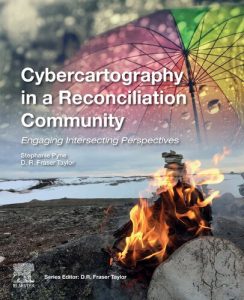
Product details:
- ISBN-10: 0128157062
- ISBN-13: 9780128157060
- Author: Stephanie Pyne, D. R. Fraser Taylor
Cybercartography in a Reconciliation Community: Engaging Intersecting Perspectives, Volume Eight gathers perspectives on issues related to reconciliation—primarily in a residential / boarding school context—and demonstrates the unifying power of Cybercartography by identifying intersections among different knowledge perspectives. Concerned with understanding approaches toward reconciliation and education, preference is given to reflexivity in research and knowledge dissemination. The positionality aspect of reflexivity is reflected in the chapter contributions concerning various aspects of cybercartographic atlas design and development research, and related activities. In this regard, the book offers theoretical and practical knowledge of collaborative transdisciplinary research through its reflexive assessment of the relationships, processes and knowledge involved in cybercartographic research.
Table contents:
Chapter 1. Introduction
Chapter 2. Cybercartography, emergence and iterative development: The Residential Schools Land Memory Project (RSLMMP)
Chapter 3. Mapping Jeff Thomas mapping: Exploring the reflexive relationship between art, written narrative and Cybercartography in commemorating residential schools
Chapter 4. Reimagining archival practice and place-based history at the Shingwauk Residential Schools Centre
Chapter 5. The Carlisle Indian Industrial School: Mapping resources to support an important conversation
Chapter 6. Charting the intimate terrain of Indigenous Boarding Schools in Canada and the United States
Chapter 7. Workhouses and residential schools: From institutional models to museums
Chapter 8. Talk, templates and developing a geospatial archives tradition: Stories in the making of the Residential Schools Land Memory Atlas
Chapter 9. Site-based storytelling, cybercartographic mapping and the Assiniboia Indian Residential School Reunion
Chapter 10. Bridging institutional and participatory ethics: A rationality of care perspective
Chapter 11. Broadening the cybercartographic research and education network: From Indian residential/boarding schools to Beltrami and back again
Chapter 12. Conclusion: Building awareness to bridge relationships
People also search:
cybercartography in a reconciliation community
reconciliation cyberark
cyberark reconciliation account
cyberark reconcile account
You may also like…
Uncategorized
Business & Economics - Management & Leadership
Education Studies & Teaching
Reference - Writing
Pronouns in Literature: Positions and Perspectives in Language 1st Edition
Biography & Autobiography - Social & Health Issues
Arts - Performing Arts
Engaging with Brecht: Making Theatre in the Twenty-first Century 1st Edition


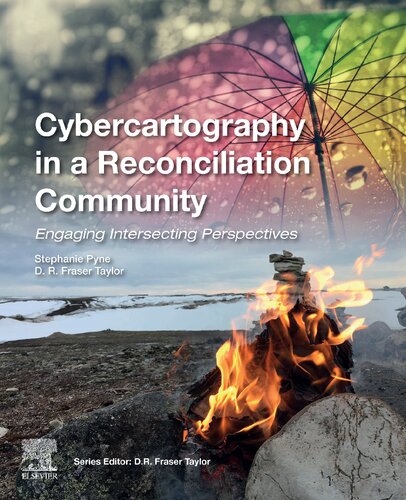
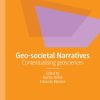
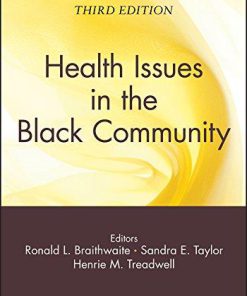
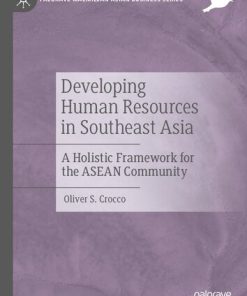
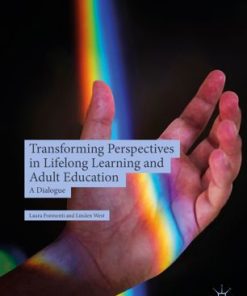
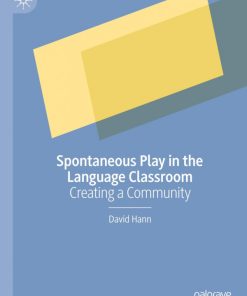

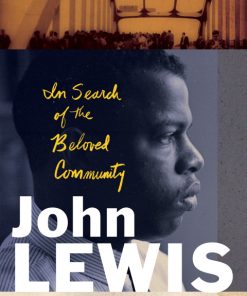
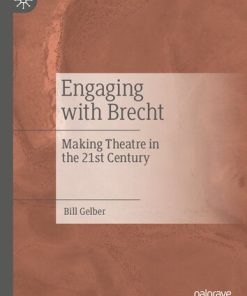
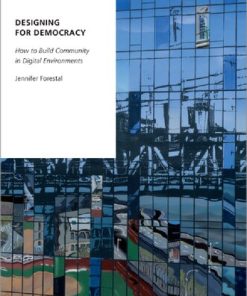
![Cybercartography [electronic resource] 1st Edition](https://ebookmass.com/wp-content/uploads/2024/04/cybercartography-electronic-resource-11243870.jpg)